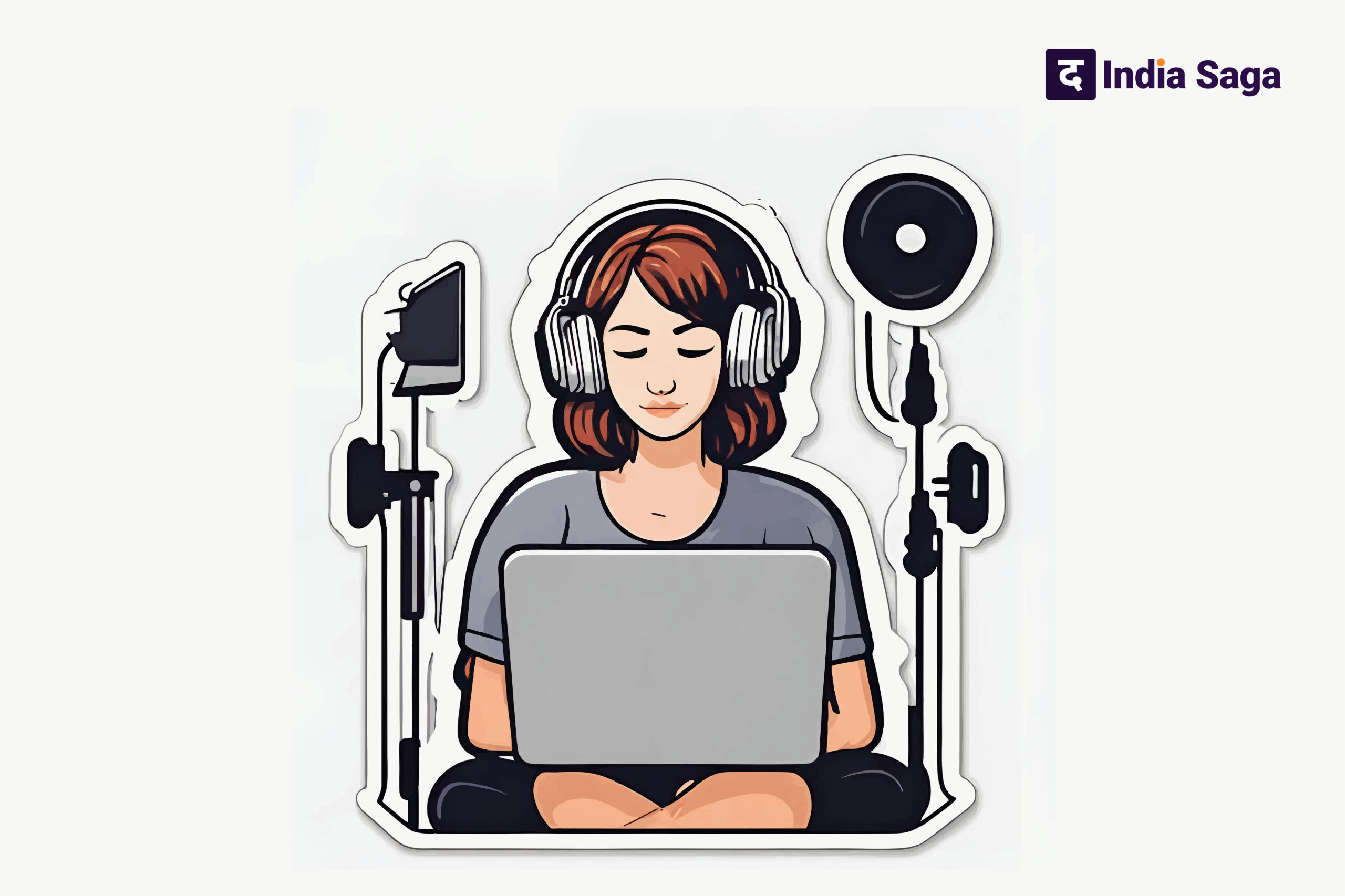The Psychology of Money: 7 ways how to Save Money
Saving money can feel like a challenge, especially when life is full of unexpected expenses. However, the truth is, anyone…

Modern lifestyle can positively and negatively influence our physical and mental health. With technological advancement and increased automation, everyday life has become more sedentary. Many spend extended periods sitting at desks before screens, leading to a lack of physical activity. This desk-bound lifestyle contributes to various health issues, such as obesity, cardiovascular diseases, and musculoskeletal problems. Modern life has also brought several opportunities for improving mental and physical health. The internet has provided access to a wealth of psychological and physical health information. People can easily research and educate themselves on various health topics. Finding a balance and prioritising self-care to maintain good health is essential.
The escalation of smartphones, social media, and constant connectivity has led to immense information and constant digital stimulation. Excessive screen time and information overload can contribute to mental health issues such as decreased attention span, addiction, and increased feelings of stress and overwhelm. Most of the studies found exposure to social media has increased stress levels to 37.67%, anxiety to 47.86%, and depression to 48.3%.
Fast-paced lifestyles, high work demands, and constant connectivity often characterise present life. This can lead to chronic stress, anxiety and burnout. Continuous exposure to stress can negatively affect mental health, leading to conditions like depression, anxiety disorder and sleep problems. The 24/7 nature of modern life, combined with increased screen time and exposure to blue light, can disrupt sleep patterns and lead to poor sleep quality. Lack of sleep can lead to fatigue, decreased cognitive functions, and increased risk of mental health disorders. New life has seen a rise in the consumption of processed food, often high in salt, sugar, and unhealthy fats. These dietary patterns contribute to obesity, diabetes, and other chronic diseases.
On the one hand, modern life is affecting our mental and physical health; on the other hand, it also helps us to live healthier lives with progress in technology and medical life. Contemporary technologies have enabled individuals to access healthcare services remotely through telemedicine. This has increased access to healthcare, especially for those in remote areas or with limited mobility. Technological developments have led to the expansion of various health tracking and wearable devices. These tools allow individuals to monitor their physical activity levels, sleep patterns, and other health metrics, encouraging healthier habits.
There are so many virtual groups, and virtual therapy sessions have become rapidly popular, providing individuals with access to mental health resources and support from the comfort of their own homes. This emphasis on self-care and overall well-being has grown in recent years. This has led to an increased focus on mindfulness, meditation, and stress reduction techniques, which can positively impact mental health.
Modern lifestyle has a significant influence on mental and physical health, with both positive and negative effects. While advancements in technology and lifestyle have provided various opportunities for improving health, they have also contributed to challenges such as desk-sitting lifestyles, chronic stress, and digital overload. It is essential to adapt and find a balance between embracing the benefits of modern life and actively managing its adverse impacts on our mental and physical well-being.
Advertisement